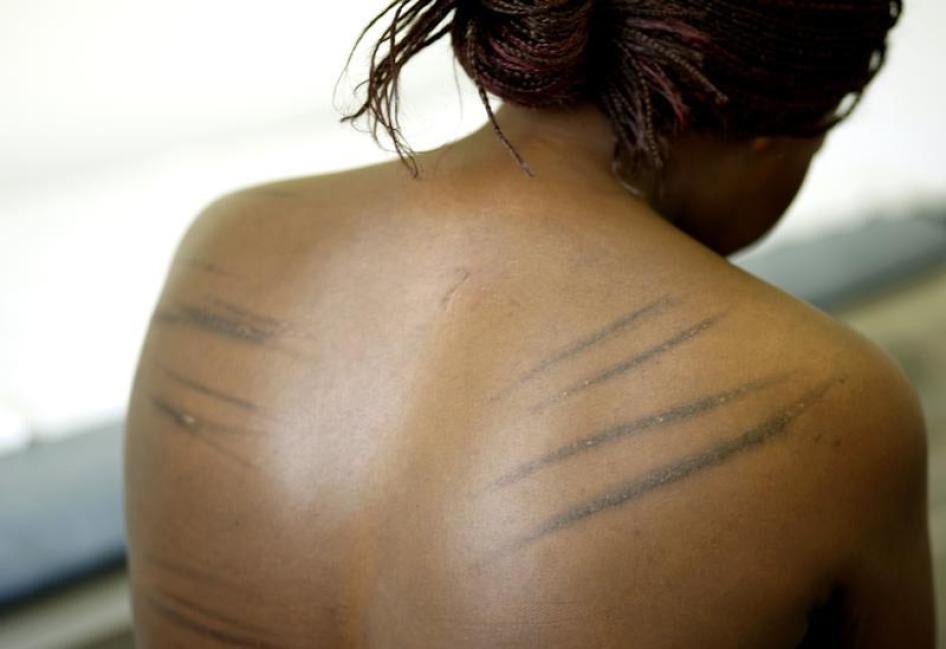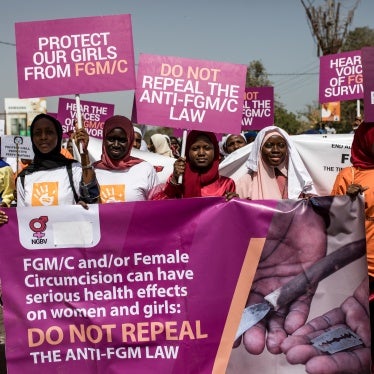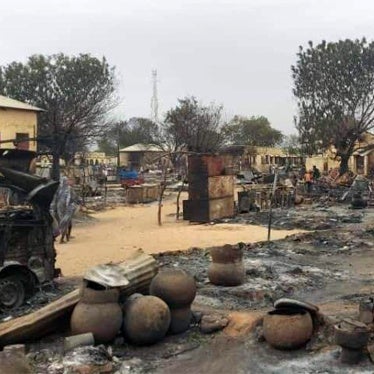Last week, Uganda’s police were – again – accused of torturing suspects to illicit confessions. First, defendants charged in the murder of police commander Andrew Kaweesi had visible injuries during their court appearance. They complained in court of being beaten in Nalufenya police station in Jinja, Eastern Uganda. Then, photos leaked of the hospitalized mayor of Kamwenge, who had horrific injuries including gaping wounds on his knees and ankles, which he said resulted from beatings by police who were investigating the same murder.
The ensuing police denials ring hallow.
Over the last 15 years, Human Rights Watch has interviewed hundreds of Ugandans who say they were tortured by police, specifically by a string of units which have changed name and location over the years, but whose brutality repeats itself over and over again. First, Operation Wembley in Clement Hill, then Violent Crimes Crack Unit in Kireka, then Rapid Response Unit, also in Kireka and now the Special Investigations Division, at times assisted by staff from the Flying Squad, in Nalufenya. Scores of victims across Uganda have described nearly identical treatment during interrogations, including beatings on the joints with batons over several days, at times while handcuffed in stress positions with their hands under their legs. All of this units have defied laws regulating arrest and detention with no consequences.
In December 2011, General Kayihura, the inspector general of the Uganda Police Force, disbanded Rapid Response Unit, in part due to human rights violations by its officers. But without investigations into those violations and prosecutions of those responsible, the very same officers have continued to commit abuses as part of a new unit, with a new name. The lack of investigations and failure to remove abusive officers from police ranks, despites decades of allegations, only reinforces the problem – that Uganda’s police too often rely on forced confessions. They beat suspects to bypass the tough work of carefully investigating crimes and gathering credible evidence that could stand up to scrutiny in court.
Uganda’s police leadership need to stop facile denials that torture festers in Uganda’s police cells, and particularly nowadays, in Nalufenya. Police should take suspects’ allegations seriously, investigate officers for torture and mistreatment, and work with prosecutors to finally bring charges under Uganda’s never-used Anti Torture Act. Officers who commit torture should be removed from police ranks. Police shouldn’t be allowed to commit crimes while seeking to fight them.









